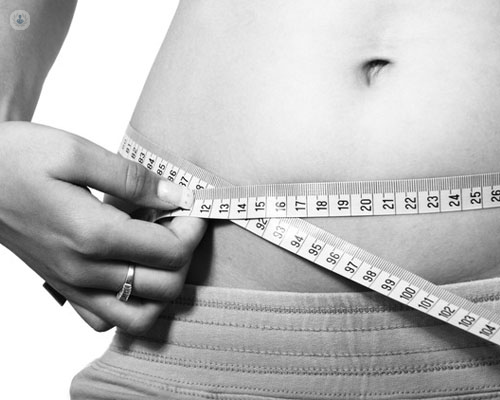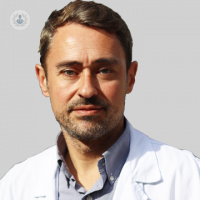Method PnK: lose weight fast and safe
Written by:The PnK method is a diet that is based on causing the patient a state of ketosis. The ketone bodies that are released during this process are manufactured by burning fat, in addition to inhibiting the sensation of hunger, so that a high-speed weight loss is achieved.
The Pronokal diet is a normoproteic diet, that is, based on protein products in a limited amount per day, which achieves a rapid and effective weight loss, without compromising the health or well-being of the patient.
The PnK method has many characteristics in common, but it modifies the structure of the diet, decreases the amount of supplements to be consumed, incorporates physical exercise on a regular and scheduled basis, and offers a free Coaching service for patients.
For this, during the PnK method, the patient does not take carbohydrates , so it enters ketosis, which leads to the production of ketone products. Basically, the ketone bodies are analogous to sugars, so they serve to feed different parts of our body. The advantage is that:
1) We manufacture ketone bodies by "burning" the fat, so it is lost at high speed.
2) Ketone bodies inhibit hunger, so the patient has a sense of well-being and not anxiety to eat.

What to eat?
The sugars or carbohydrates that are prohibited during the method are in almost all foods. Even so, all vegetables that do not contain excessive carbohydrates are allowed. The consumption of proteins depends on the step or phase of the PnK method in which we find ourselves.
1) In step 1, 5 Pronokal products are taken daily.
2) In Step 2 , 4 Pronokal products are taken and the product that we do not take is replaced by meat or fish (in limited quantity), or two eggs.
3) In step 3 , 3 Pronokal products are taken daily, and in lunch and dinner a protein-rich intake (meat, fish or two eggs).
4) The final steps are food reeducation. They are no longer in ketosis, so the patient begins to consume milk, fruit and progressively the entire range of foods.
Indications
The PnK method is suitable for any patient who does not have a contraindication to dieting. There is always an initial medical assessment to see that the patient is suitable for the diet, as well as a close medical follow-up during the same. Very few patients can not benefit from the PnK method.
Results
The results are usually a rapid and effective weight loss from the first day, maintaining at all times the patient's well-being and their physical and mental health.
In addition to that, there is a strong scientific evidence that supports the benefit and safety of the use of normoproteic diets, based on ketosis and supplemented with external contributions of micronutrients in which the diet may be deficient.
To ensure its effectiveness, a doctor is responsible for guiding the patient during the diet and check that maintains health at all times.


